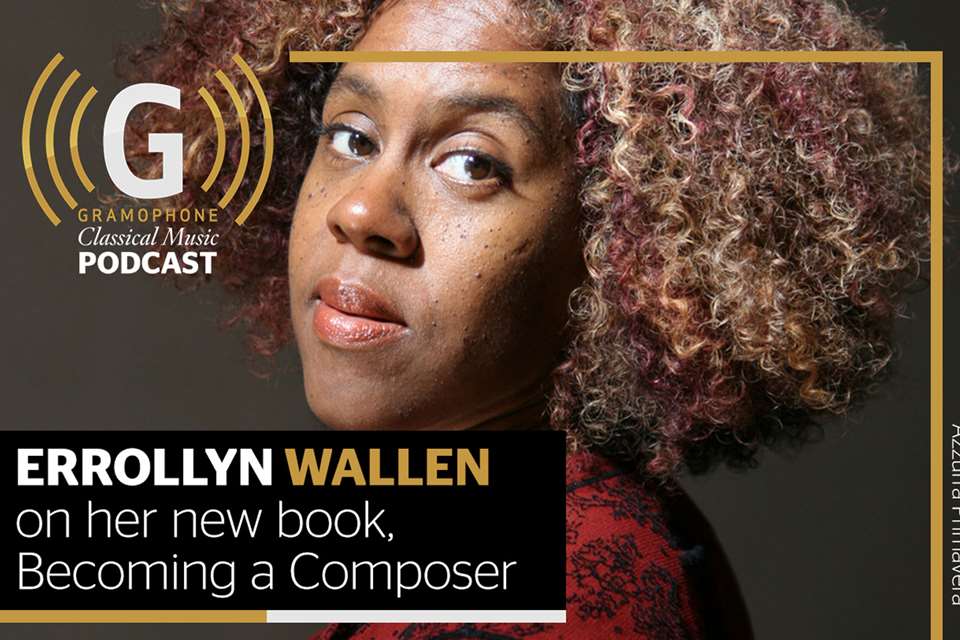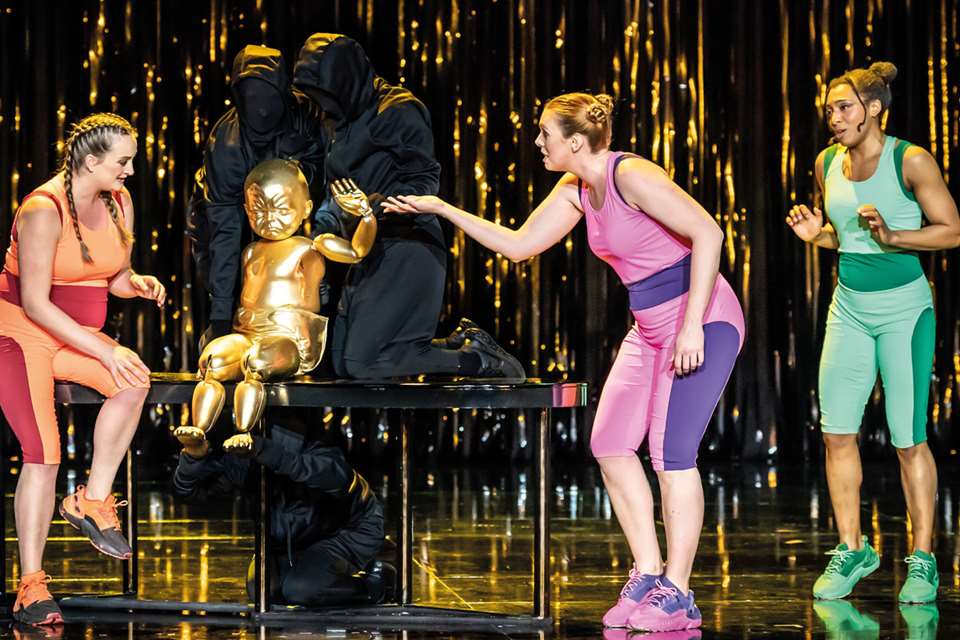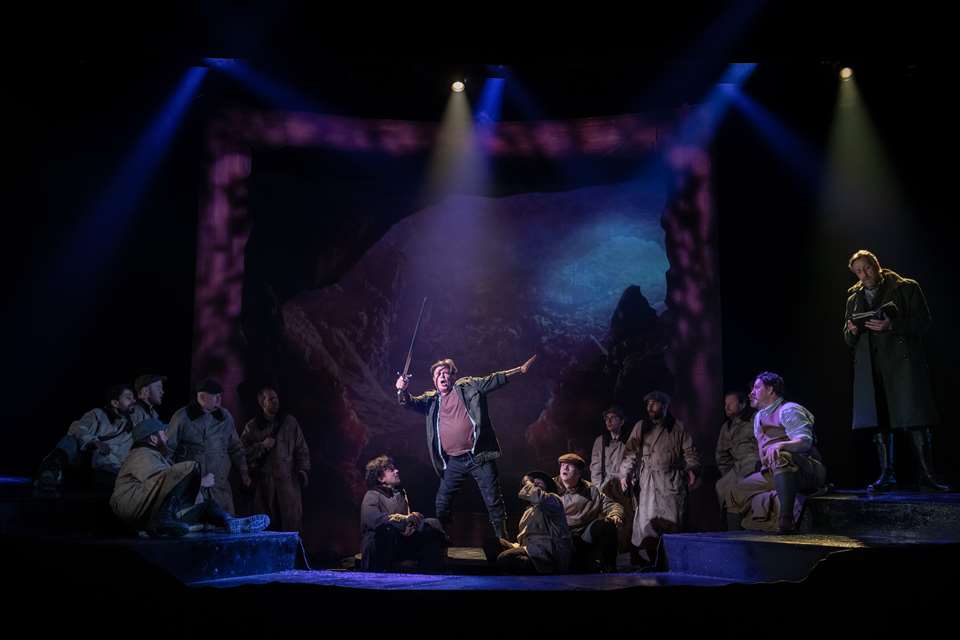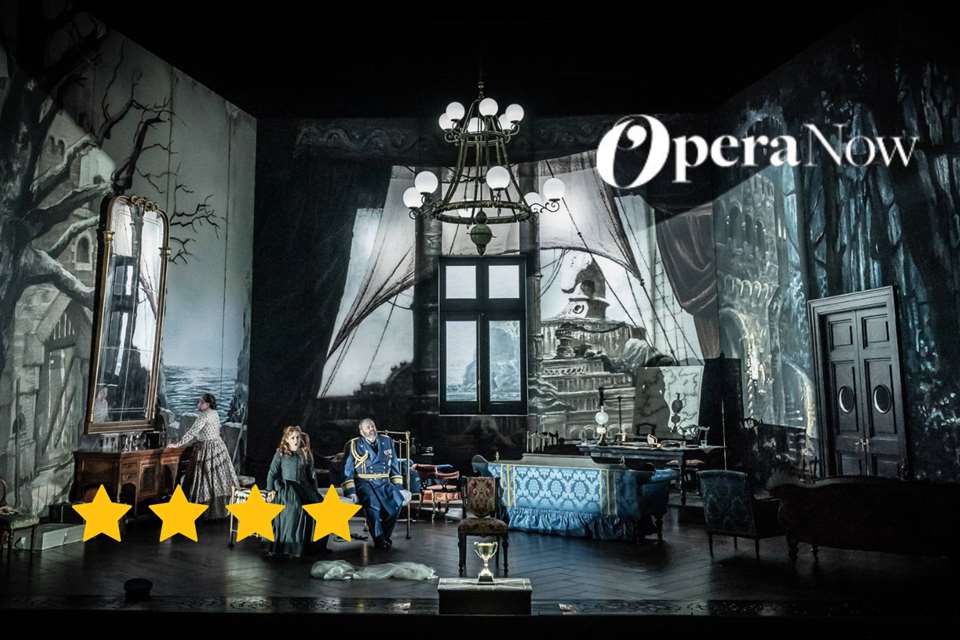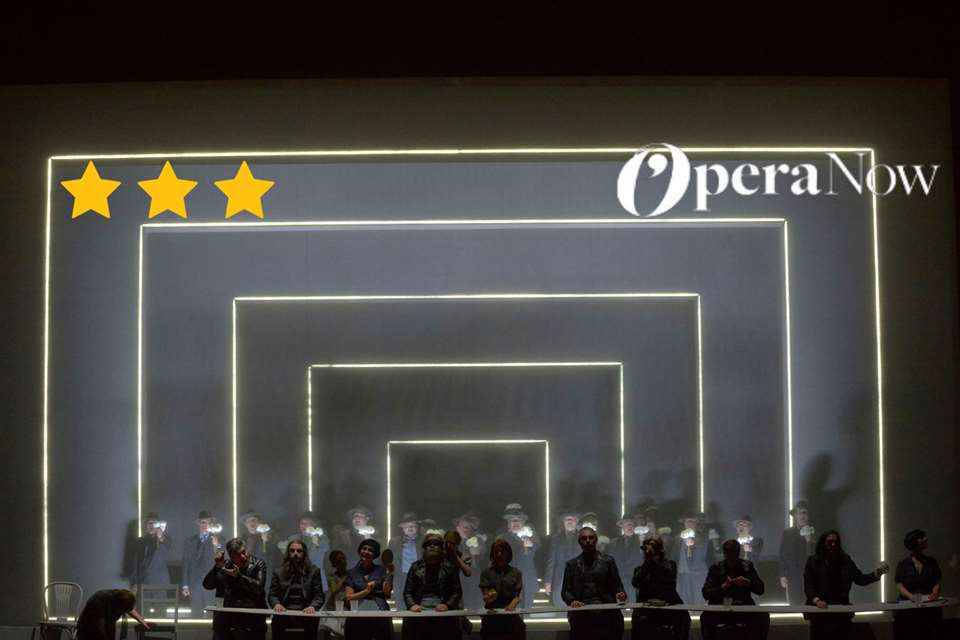Russell Thomas interview: ‘I will always speak for the idea that we need to have diverse voices’
Hattie Butterworth
Tuesday, January 30, 2024
Redefining industry norms with his work on- and off-stage, tenor Russell Thomas shares how he is channelling trauma into powerful art to inspire and heal
![Thomas’ residency at LA Opera continues with the world premiere of autobiographical work Fire and Blue Skyin June [LaJoy Photography]](/media/247638/photo-3_lajoyphotography06786.jpg?&width=780&quality=60)
Register now to continue reading
This article is from Opera Now. Register today to enjoy our dedicated coverage of the world of opera, including:
- Free access to 3 subscriber-only articles per month
- Unlimited access to Opera Now's news pages
- Monthly newsletter




